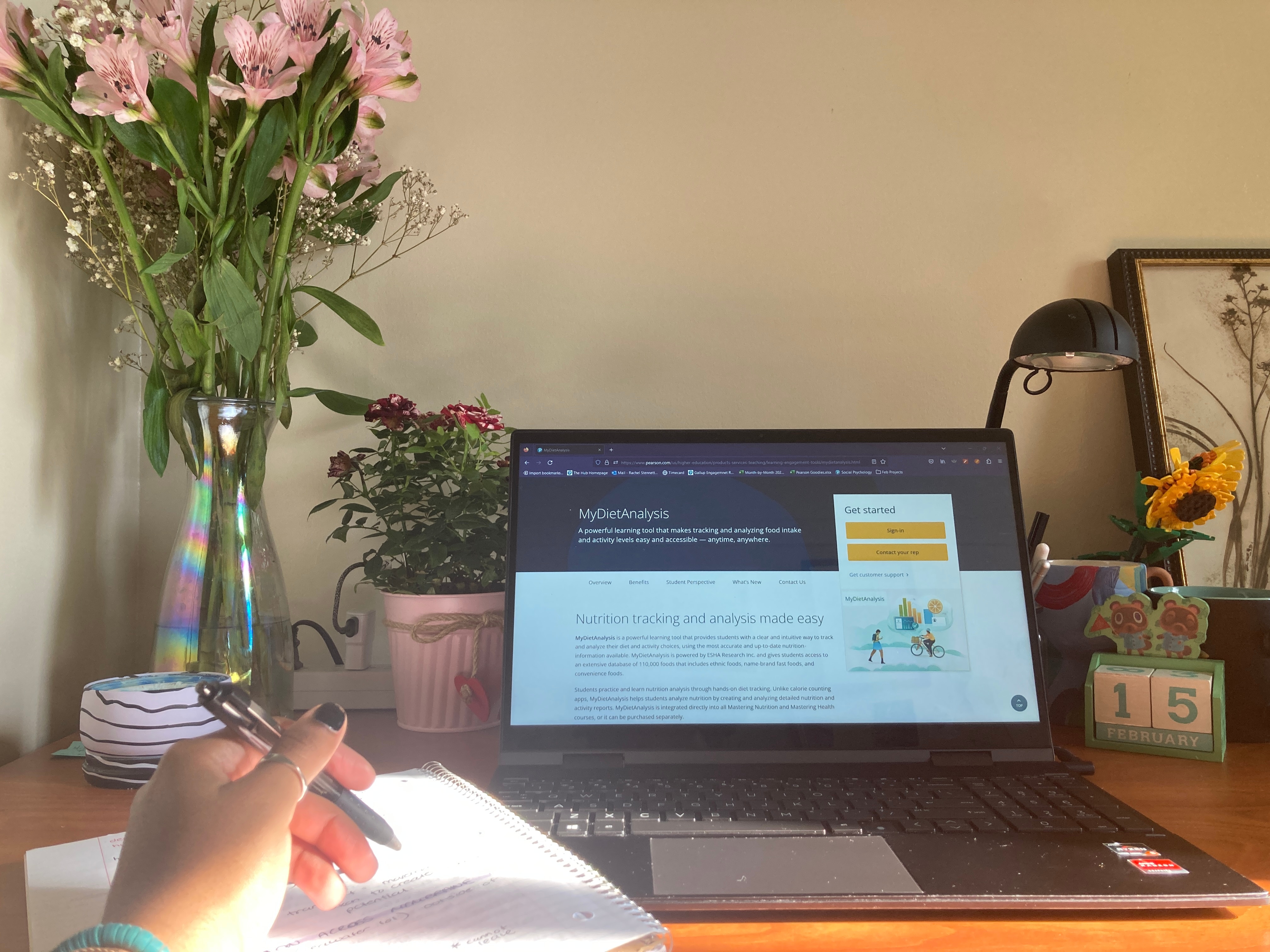
The Importance of Nurturing Your Inner Child
Just like plants, humans go through seasons of life. With each passing season, it's important to nurture the new growth and make space by removing the old. This sounds simple in poetic terms – but reality is often never as simple. Life gets busy and overwhelming. People, places, and events are constantly changing within the world. In the midst of all the chaos on the outside, sometimes we forget to give attention to our most important responsibility: ourselves. How can we attend to other responsibilities, relationships, and tasks in a productive and efficient manner if we have not yet taken the time to ensure we are in the state to put our best foot forward? When life begins to throw too much my way, the best method I have found to recenter myself is by making time to nurture my inner child.
What is an inner child?
The term “inner child” has gained increasing popularity due to social media trends within the last couple of years. Despite its recent rise in use, the term has been floating around in the psychology realm since 1969 after analytical psychologist Carl Jung popularized the phenomenon. In short, the inner child refers to all the childhood experiences that impact how an adult acts later in life. “Wounds” on the inner child are characterized as unattended parts of the psyche that may lead to antisocial behaviors or anxieties (i.e., a longing to be listened to and understood in a conversation). Meanwhile, a healthy inner child has been connected to reduced mental stress and increased creativity.
While a trained cognitive behavioral therapist can help provide professional guidance on methods to fully resolve anxieties stemming from the inner child, inspiration can be taken from some of these methods for short-term resolutions for stress. Here are some of the methods I use to attend to my inner child in stressful situations.
Tip #1: Get messy and get creative.
One of my favorite ways to connect with my inner child is through art, specifically finger painting and coloring with crayons. Allowing myself to express my emotions in a messy, unpredictable art form is often a big relief during the times I feel like perfectionism is required.
Tip #2: Reconnect with family and childhood friends.
Sometimes all we need during a stressful time is a hug or reassurance from a loved one. If you feel like you are running thin, turn to someone you can trust to help refill your cup!
Tip #3: Take a nap!
Nap time shouldn’t end at kindergarten. Sometimes a power nap, ideally between 10-30 minutes, is enough to give yourself a short break and unwind from a stressful situation.
Tip #4: Revisiting a childhood favorite (i.e., show, game, snack, location, etc.).
This is where you can get creative! If the prior two tips do not seem appealing, think of one thing that you loved from your childhood, but haven’t revisited in years. Now may be the time to do so!
Do you have a compelling story or student success tips you’d like to see published on the Pearson Students blog? If you are a college student and interested in writing for us – click here to pitch your idea and get started!




